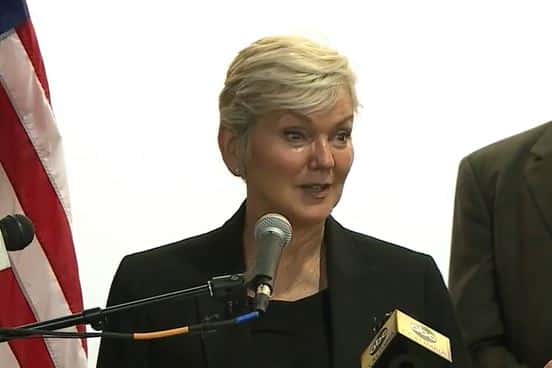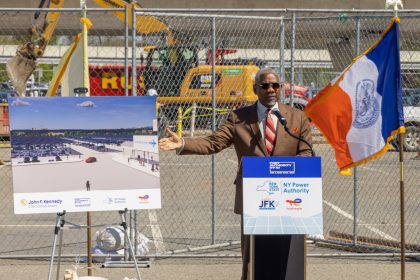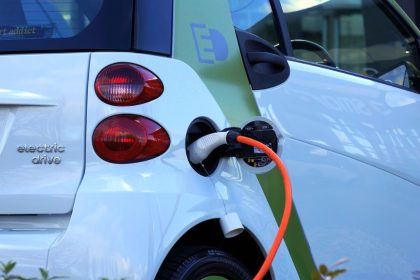DOE Releases Strategy to Secure Clean Energy Supply Chain

WASHINGTON — The Department of Energy released a first-of-its-kind comprehensive strategy to ensure the stability of the country’s energy supply and increase its independence on Thursday.
“America’s Strategy to Secure the Supply Chain for a Robust Clean Energy Transition” was issued in response to President Joe Biden’s executive order on America’s supply chains from February 2021. This plan aligns with the administration’s clean energy initiatives and outlines the path for the national supply chains’ clean energy transition.
Supported by 13 supply chain assessments across the energy sector, the plan outlines seven key areas for boosting supply chain resiliency. As other countries seek to diversify their energy systems with clean energy sources in order to lower costs for businesses and consumers, the demand for these systems has skyrocketed while technology costs have decreased.
The clean energy market is expected to reach $23 trillion at a minimum globally by 2030, according to a DOE fact sheet accompanying the announcement. DOE’s plan lays out a comprehensive government approach to create new programs and bolster existing ones through over 60 actions both the federal government and Congress can take to amplify the energy sector’s transition.
These include increasing the availability of critical minerals, such as cobalt for batteries and rare earth elements like neodymium for offshore wind, as well as expanding domestic manufacturing capabilities and expediting the adoption and deployment of clean energy.
The cross-government strategy also includes fortifying strong labor standards and support for organized labor in federal energy sector industrial base funding to attract and retain a skilled clean energy workforce.
The overall plan signals the administration’s willingness to embrace clean energy initiatives as practical government investments that stimulate economic productivity. Other provisions of the plan include:
- Improving end-of-life energy-related waste management by encouraging innovation of technologies to recycle and recover materials like batteries, aluminum and steel.
- Investing in diversified and “socially-responsible” foreign supply chains to complement domestic supply chains.
- Developing studies that quantify the economic, environmental and social impacts of different energy supply chain aspects for clean technologies.
- Creating a Manufacturing and Energy Supply Chain Office and a corresponding database of analytical modeling capabilities.
The purpose of the Manufacturing and Energy Supply Chain Office will be to strengthen and secure the critical energy supply chains needed to modernize the nation’s energy infrastructure and support the full transition to clean energy.
Additionally, the outline notes DOE’s progress to date in addressing supply chain vulnerabilities, such as issuing funding opportunities to provide commercial-ready technologies that present net zero or net negative emissions pathways toward increased domestic supplies of critical elements.
The report includes recommendations for Congressional action to support the energy supply chain, like enacting legislation to provide tax incentives to support domestic clean energy manufacturing and deployment and appropriating funding for DOE to utilize Title III of the Defense Production Act in partnership with the president.
Further, the plan recommends appropriating funds to establish regional and state-level sector partnerships and apprenticeships to recruit, train and employ domestic supply chains laborers.
“Taking bold action to invest in our supply chains means America will reap the tremendous opportunities that tackling climate change presents to kickstart domestic manufacturing and help secure our national, economic, and energy security,” Secretary of Energy Jennifer Granholm said in a written statement.
“The strength of a nation relies on resilient and reliable critical supply chains across sectors, and DOE’s report provides the key strategies and recommendations for Congress and the Federal government to act now to help deliver more jobs and a stronger, cleaner future.”
Reece can be reached at [email protected].























